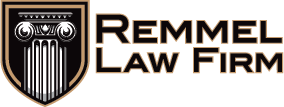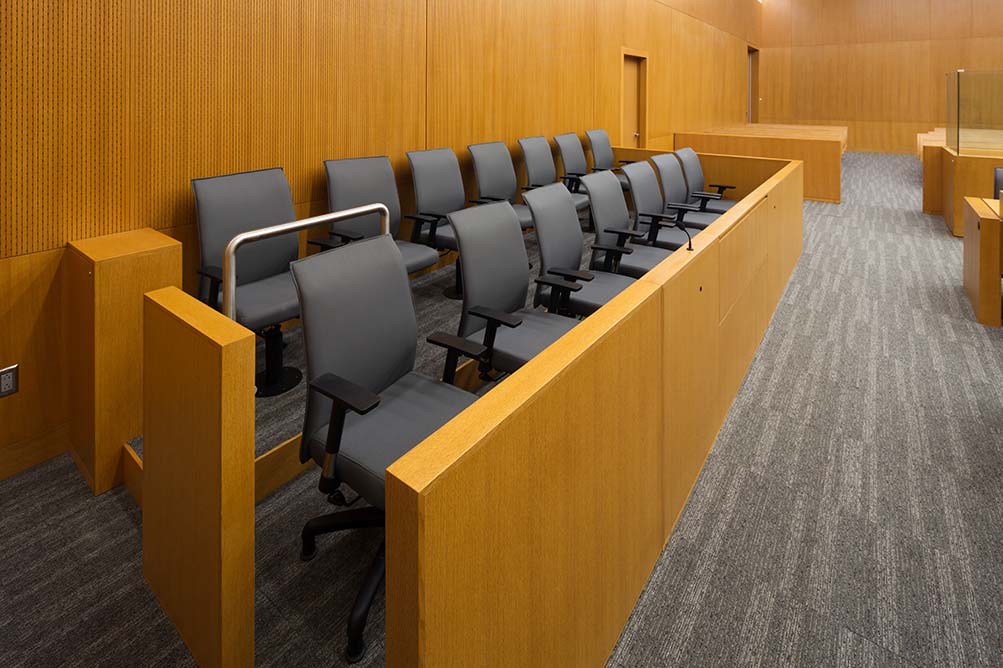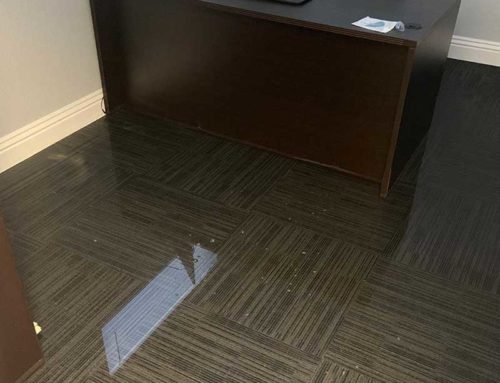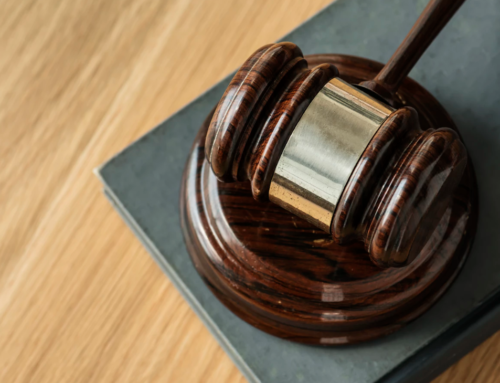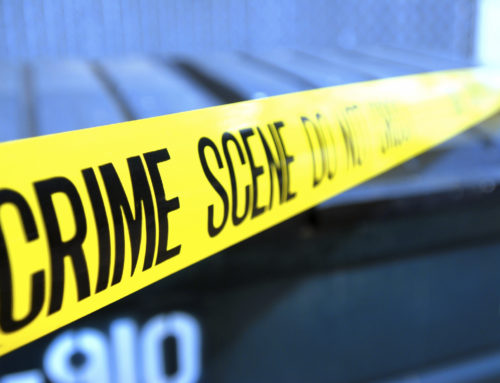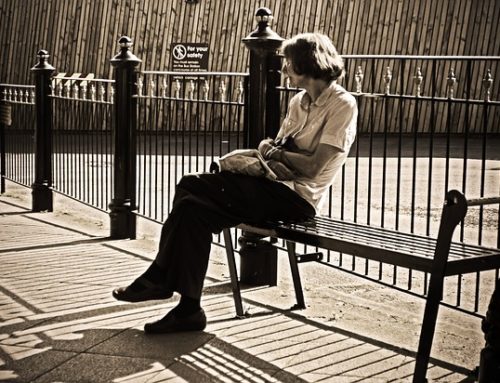Norm Crosby, a famous comedian from the 1970s, once suggested, “When you go into court you are putting your fate into the hands of twelve people who weren’t smart enough to get out of jury duty.”
A few weeks ago, I was summoned for jury service. It surprises some people to know that judges, lawyers, and political figures are not exempt from jury service. I want to take a moment to reflect on what my jury service was like, and why it is so important.
Our jury system is unique in the World. Think about it for a moment. Jurors, people like you and me, have the power to decide who lives and who dies, whether a person is confined in prison for the remainder of their natural life, and in civil matters, what amount of money compensates a person for their injuries or loss. Without question, jurors have power to bring about change and protect the community in which we live.
It is not easy to take the time to serve on a jury. In truth, there are only a handful of ways to formally serve our county. The military is one way and holding an elected office is another. And, for those of us who don’t serve in the military or hold a public office, our service is rendered as jurors. That does not dispel the notion of inconvenience. But with any luck, it provides a person with some perspective. Men and women from our armed forces put their lives on the line to protect our people and land whereas, jurors sacrifice their time to protect our freedoms and bring about justice.
Ironically, my recent jury service involved a personal injury matter. A middle aged woman had been injured in a car crash and was seeking fair compensation from a young defendant driver. She wanted a jury to decide who won and who lost. Liability (i.e., fault) was disputed, as were the injuries she claimed. I sat as quietly in the back. We were assigned by badge number. I observed. I felt. I was in a courtroom where I knew all of the players—the judge, her staff, the lawyers and expected witnesses.
During the jury selection process, known as voir dire, there were questions and answers—a conversation of sorts. At times I felt frustrated and other times entertained. It bothered me how much time was wasted. I challenged myself to change the ways I conducted my next trial. I vowed to be better and respect the time that people had taken to serve.
Ultimately, I was not selected to be on the jury. I guess the defense was not too comfortable with having a personal injury lawyer decide their case. But that is not the point. The point is that I served when asked and I learned a valuable lesson because of it. For this, I am grateful.
